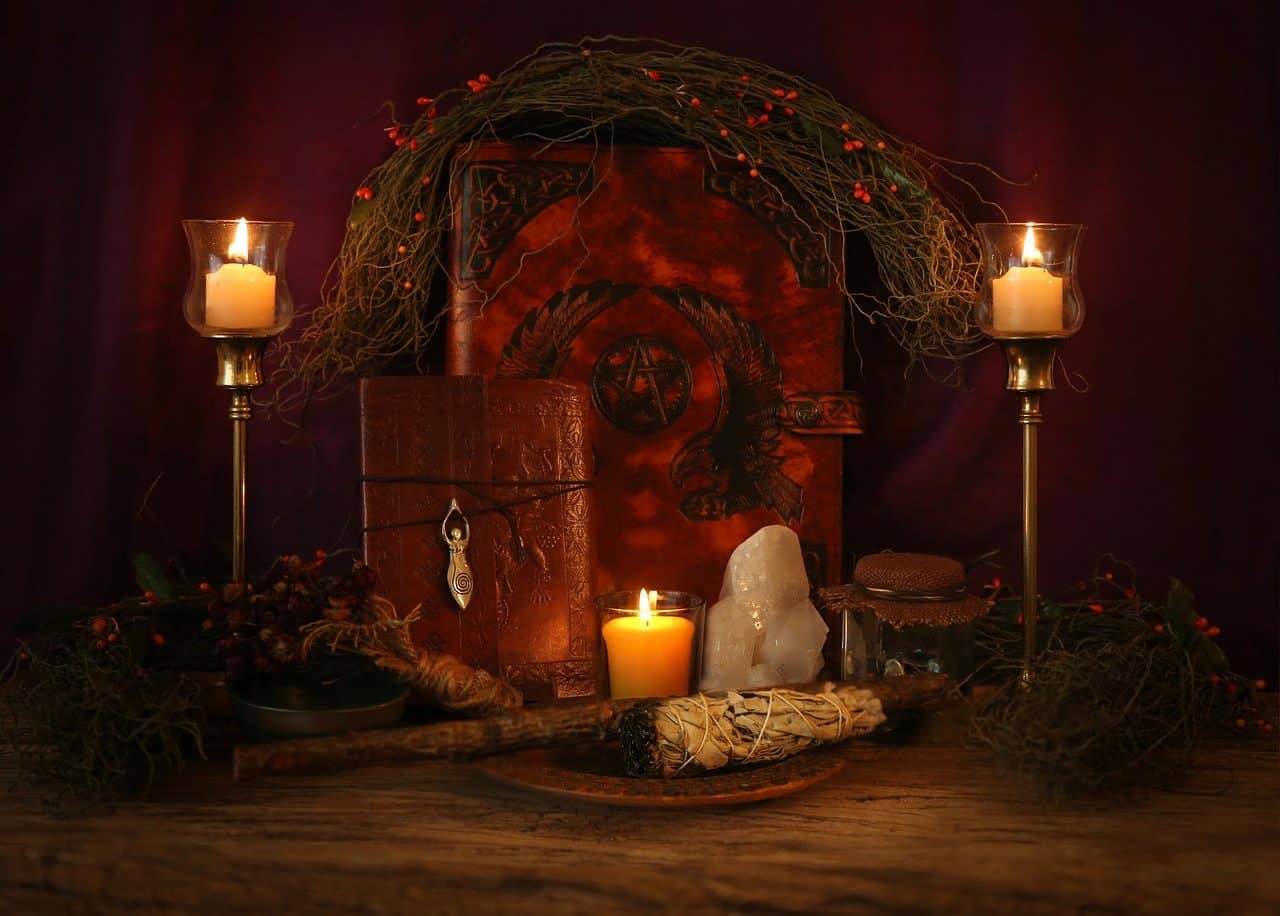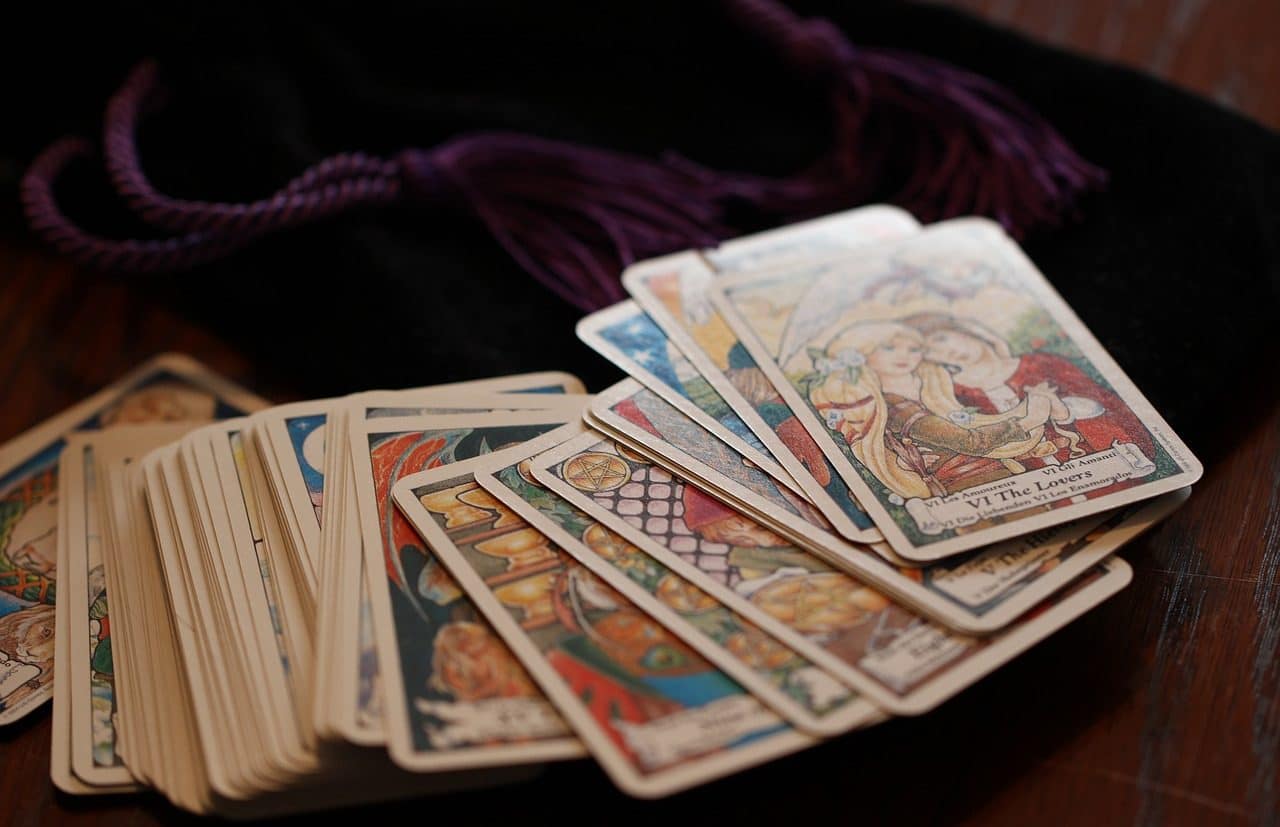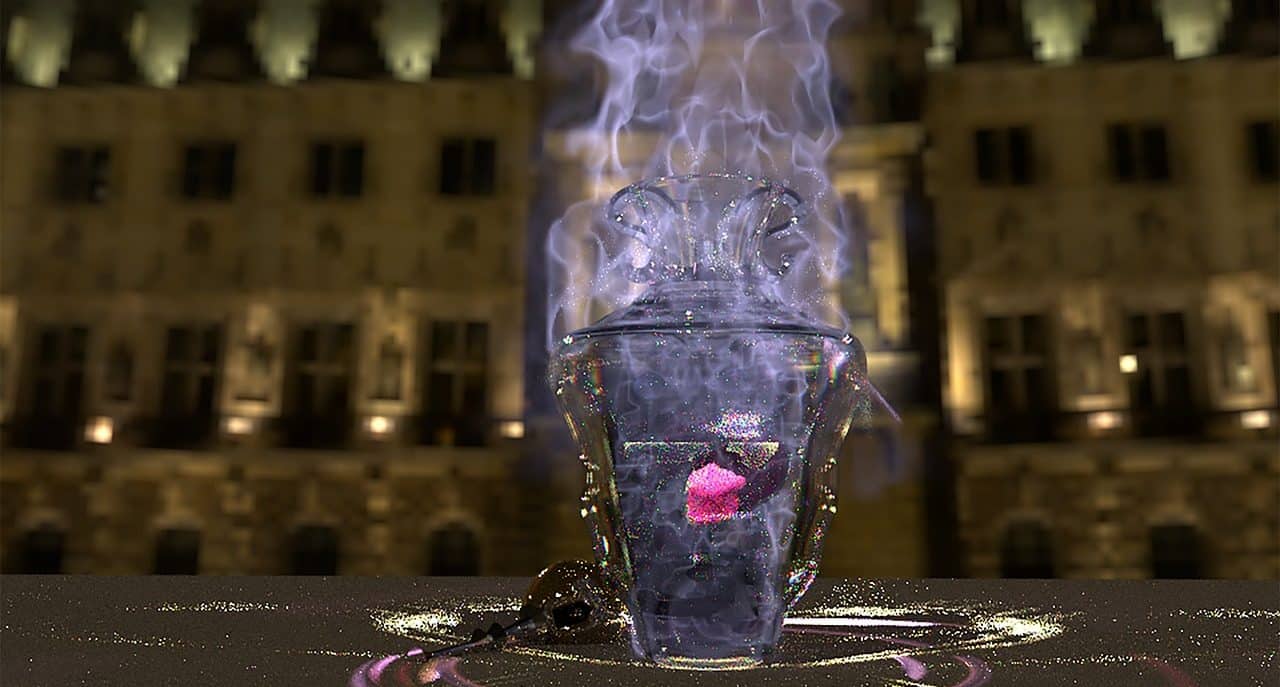
Enchantment is the action of bewitching or invoking supernatural entities.
The concept of enchantment refers to the action of bewitching or casting a spell, and is commonly associated with the idea of using mystical forces or supernatural entities to affect people, objects or events. It can manifest in a variety of ways, such as through magic words, rituals, enchanted objects, or simply through the manipulation of spiritual energies.
In various cultures , enchantment has played an important role throughout history. It is rooted in the spiritual beliefs and practices of many civilizations , and its relevance may vary depending on the cultural and religious context.
In short, enchantment has been an integral part of various societies. Whether seen as a positive force for protection and healing, or as something negative associated with witchcraft , enchantment has left a significant mark on human history and culture.
Emergence and evolution
Since the dawn of humanity, the fascination with the mystical and the search for control over the world around us has led to the ancient practice of enchantment. Its earliest manifestations date back to ancient civilizations, where magic and spirituality were intrinsically intertwined with everyday life.
In classical civilizations such as the Greek and Roman, incantations were an integral part of religious and mystical beliefs. Sorcerers and priests performed rituals to invoke deities, the fertility of the land and the protection of their communities. Texts such as Orphic hymns and curse tablets reveal the pervasive presence of magical practices.
With the arrival of the Middle Ages , the view of enchantments became more ambivalent. The Catholic Church condemned many forms of magic as heretical, and witch hunters arose. However, at the same time, magic persisted in religious rituals and in alchemy , which sought to transform reality through mystical processes.
During the Renaissance , a resurgence of interest in magic and the occult took place. Figures such as John Dee , advisor to Queen Elizabeth I of England, combined magic with science, exploring the concept of enchantment as a way to understand and control the universe. Ceremonial magic and the creation of grimoires (magic books) were prominent in this era.
With the rise of esotericism in the 18th and 19th centuries, an example was the Hermetic Order of the Golden Dawn, incantations merged with spirituality and the search for occult knowledge . These movements influenced the creation of secret societies and the exploration of the mystical in the literature and art of the time.
In the 20th century, magic and enchantments took on new forms in popular culture, from fantasy literature to film and television. The New Age brought with it a resurgence of interest in spiritual practices, crystals, tarot and other modern forms of enchantment, focusing on personal connection with the mystical .

The tarot is one of the elements that resurfaced in the 20th century in the field of enchantment.
Components
Enchantment, as a mystical practice, is made up of various elements that seek to channel energies and forces to manifest a desired change in reality . These components, across cultures and eras, have taken various forms, but some common elements persist.
Magic words and mantras are fundamental components in many incantations. Certain sounds are believed to have the power to influence the subtle energies that make up reality. Magical words, often in ancient languages or as part of arcane wisdom, are spoken with specific intentions to invoke (through a summoning spell ) or direct mystical forces. Mantras, repetitions of sounds or phrases, seek to harmonize the mind and spirit, thus creating a favorable field for enchantment.
Various objects and tools have been used as conduits to channel energies in incantations. Among them are:
- Magic wand – An iconic symbol of magic, it is used to direct and focus energy. It is believed to amplify the sorcerer's intention;
- Crystals – Considered energy carriers, they are selected for their unique properties. Each type of crystal can enhance different aspects of the enchantment;
- Scroll and Mystical Symbols – Inscribing symbols and words on scrolls or amulets is a way to solidify the intention and link it to the incantation.
Structure
In the structure of an incantation, understanding the energies and forces involved is crucial. These may vary depending on the mystical tradition, but some common ideas include:
- vital energy or prana : in many Eastern cultures, they work with the idea of a universal vital energy (such as prana in Hinduism) that can be manipulated for magical purposes;
- elements (water, earth, fire, air) - some enchantments rely on connecting with natural elements to invoke their specific properties;
- celestial or divine forces : In religious contexts, incantation may involve invoking deities or divine forces to obtain their favor or influence.

As part of a love spell it is possible to make a potion.
Types and purposes
Throughout history, incantations have been used for a wide variety of purposes, reflecting humanity's deepest aspirations and fears. Some of the most prominent types of enchantments are explored here:
- protective enchantment - seeks to create mystical barriers to safeguard individuals, places or objects from negative influences. These incantations often involve symbols, magical words, and the manipulation of energies to establish an invisible shield against unwanted forces;
- Love spells : They focus on attracting or strengthening emotional ties between people. They use magic to fuel romance, attraction and connection between individuals. They may involve items such as candles, romantic symbols, and magic words, in addition to the well-known love potion ;
- Healing Charm : Aimed at restoring health and well-being, it seeks to channel positive energies to alleviate physical or emotional illnesses. They may involve rituals, healing crystals, and words of power to invoke beneficial forces;
- curse charm – to inflict harm, misfortune, or hexes on an individual. These incantations are often wrapped in dark symbolism, cursed words, and rituals that invoke negative forces;
-
invocation and blessing
:
The invocation aims to establish contact with divine entities or superior forces in search of spirit guides or deities. The blessing, granting well-being and divine protection.
